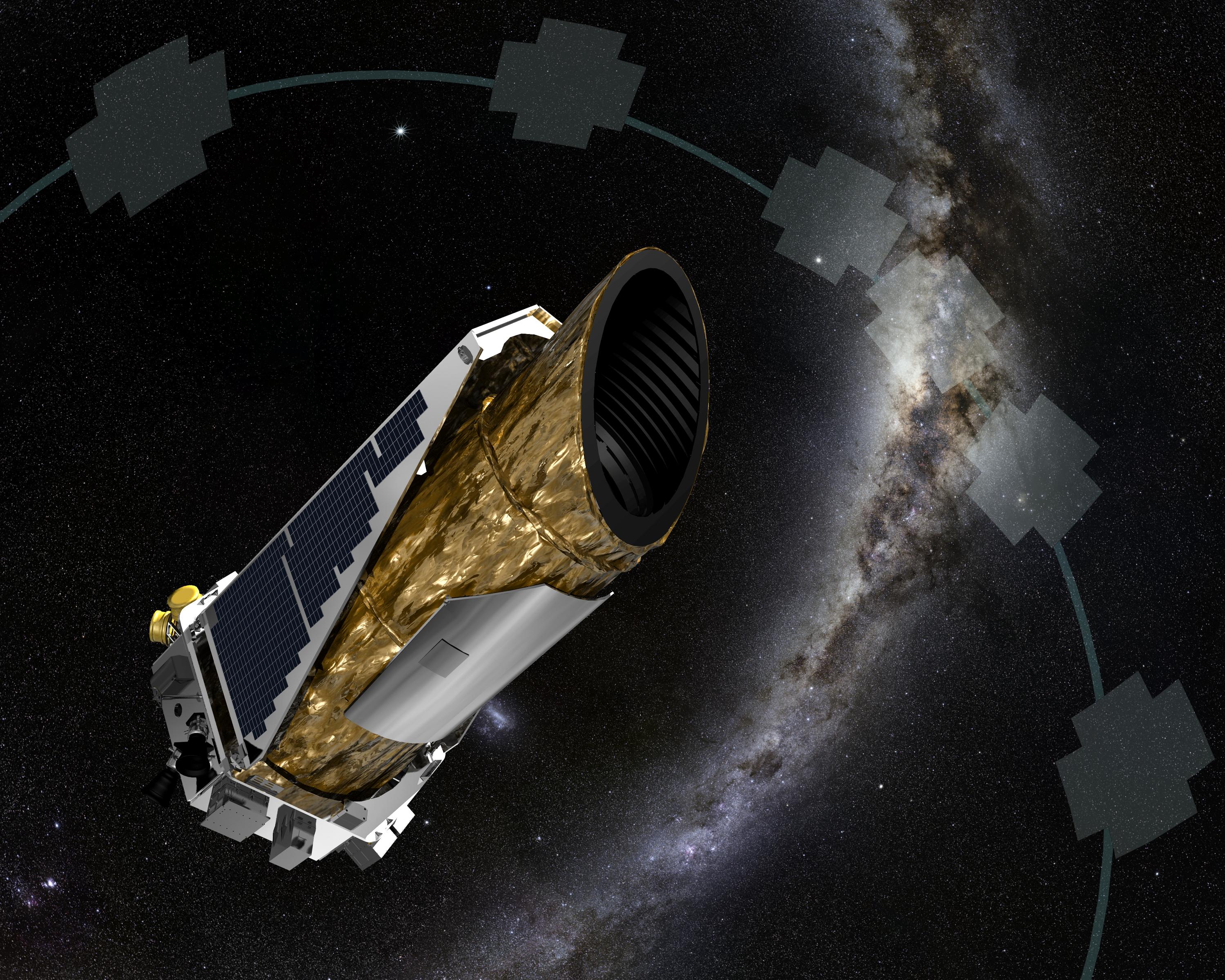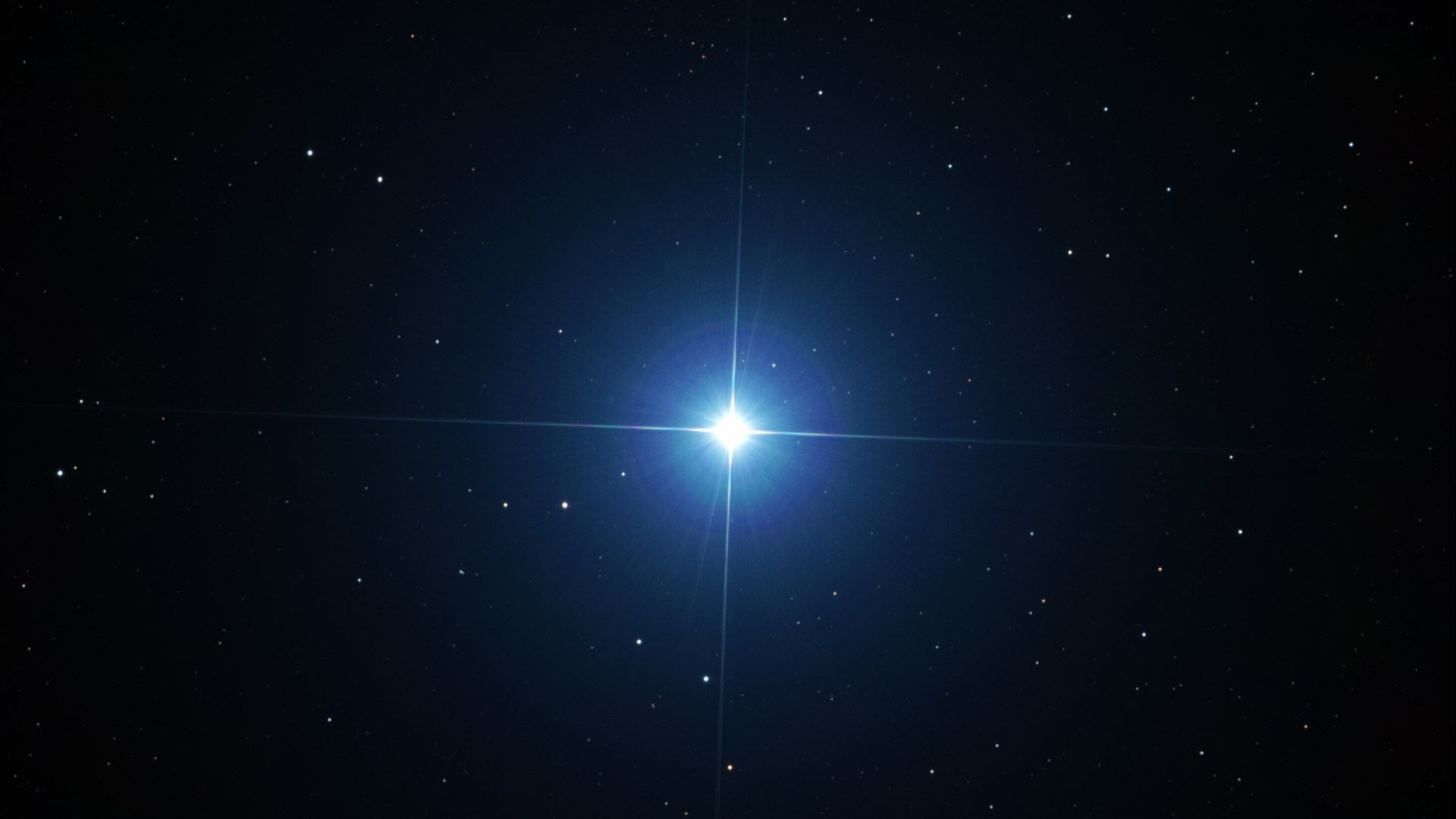Best Space Stories of the Week – Oct. 18, 2015

Mysterious dimmings from a faraway star spur speculation about "alien megastructures," rivers on ancient Mars were dozens of miles long and the New Horizons team publishes its first scientific paper about the epic July Pluto flyby. Here are Space.com's top stories of the week.
Have astronomers found evidence of advanced aliens?
NASA's Kepler space telescope has detected something weird orbiting a nearby star. Is it evidence of an alien civilization, a clump of exocomets or something else? [Full Story: Has the Kepler Space Telescope Discovered an Alien Megastructure?]
Rivers on ancient Mars were dozens of miles long
The shape of pebbles photographed by NASA's Mars rover Curiosity suggests these rocks rolled along in Red Planet streams for dozens of miles billions of years ago. [Full Story: Pebbles on Mars Shaped by Ancient Long-Gone Rivers Dozens of Miles Long]
Amazing Pluto continues to puzzle scientists
Making sense of Pluto's giant ice mountains, geologically young ice plains and other intriguing characteristics is going to take some time, scientists say. [Full Story: Pluto Is Beautiful, Complex and Thoroughly Puzzling for Scientists]
Get the Space.com Newsletter
Breaking space news, the latest updates on rocket launches, skywatching events and more!
Feasting black holes sound like static
If you could hear the stuff that swirls around black holes, superdense white dwarfs and young stars, it would sound like the empty spaces on the radio dial. [Full Story: Eavesdropping on Black Holes: Feasting Giants Sound Like Static]
Amazing video shows Jupiter's shrinking Great Red Spot
Amazing new maps of Jupiter by the Hubble Space Telescope reveal that the gas giant's Great Red Spot, a massive storm about twice the diameter of Earth, is slowing the speed at which it shrinks. [Full Story: Amazing Jupiter Video Shows Slowing Shrinkage of the Great Red Spot]
Exoplanet anniversary: First alien world found around sunlike stars 20 years ago
On Oct. 6, 1995, Michel Mayor and Didier Queloz of Switzerland's Geneva Observatory announced the discovery of the huge, scorching-hot 51 Pegasi b, the first alien planet ever found around a sunlike star. [Full Story: 20 Years On, Future Bright for Exoplanet Science]
North pole of Saturn's ocean-harboring moon Enceladus unveiled
NASA's Cassini spacecraft has captured its best-ever looks at the north polar region of Saturn's ocean-harboring moon, Enceladus. [Full Story: North Pole of Saturn's Icy Moon Enceladus Captured in Best-Ever Photos]
Famed planet hunter Geoff Marcy resigns
Geoff Marcy, a leader in the field of exoplanet research, has resigned from his position as a professor of astronomy at the University of California, Berkeley, following an investigation that found he violated the school's sexual harassment policies. [Full Story: Planet Hunter Geoff Marcy Resigns Following Sexual Harassment Investigation]
'The Martian' gets space exploration right
The film adaptation of Andy Weir's breakout novel "The Martian" isn't just awesome, it might also be one of the most realistic space exploration movies that's ever graced the silver screen. [Full Story: 'The Martian' Might Be the Most Realistic Space Movie Ever Made]
Do aliens have sex?
Humans love to ponder whether alien life is out there, and what it might look like. So here's a burning question: Would extraterrestrials have sex? [Full Story: If Aliens Exist, Would They Have Sex?]
Should rovers explore wet areas on Mars?
The revelation that dark streaks flowing downhill on Mars are signs of present-day liquid water has sparked debate about how best to investigate the Red Planet features. [Full Story: Mars Water Discovery Sparks Exploration Debate]
Follow us @Spacedotcom, Facebook or Google+. Originally published on Space.com.
Join our Space Forums to keep talking space on the latest missions, night sky and more! And if you have a news tip, correction or comment, let us know at: community@space.com.

Space.com is the premier source of space exploration, innovation and astronomy news, chronicling (and celebrating) humanity's ongoing expansion across the final frontier. Originally founded in 1999, Space.com is, and always has been, the passion of writers and editors who are space fans and also trained journalists. Our current news team consists of Editor-in-Chief Tariq Malik; Editor Hanneke Weitering, Senior Space Writer Mike Wall; Senior Writer Meghan Bartels; Senior Writer Chelsea Gohd, Senior Writer Tereza Pultarova and Staff Writer Alexander Cox, focusing on e-commerce. Senior Producer Steve Spaleta oversees our space videos, with Diana Whitcroft as our Social Media Editor.









